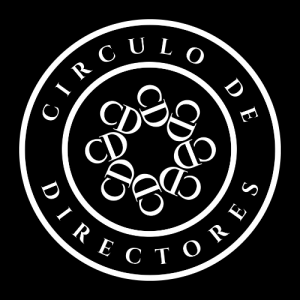Autor: Alfredo Enrione – Director del Centro de Gobierno Corporativo y Sociedad
In São Paulo’s Faria Lima district, a third-generation family heir sits in his corner office, frustrated. Despite owning 67% of a billion-dollar company, he watches competitors outmaneuver his firm quarterly. The irony is exquisite: absolute control has created absolute strategic paralysis.
This is the controller’s trap—the counterintuitive reality that concentrated ownership, Latin America’s supposed governance advantage, can become its greatest strategic liability.
The Ownership Paradox
Academic research consistently shows that Latin American companies with concentrated ownership outperform those with dispersed shareholding. Family-controlled firms demonstrate superior long-term thinking, faster decision-making, and deeper stakeholder commitment. Yet beneath these averages lies a disturbing truth: many controlling shareholders are inadvertently sabotaging their own success.
The mechanism is subtle but devastating. When one voice dominates board discussions, even the most capable directors learn to echo rather than challenge. Strategic debate becomes strategic theater, with independent directors performing their roles rather than fulfilling their duties.
The Strategic Inhibition Effect
A recent study of 200 Latin American family businesses reveals a striking pattern: companies where controlling shareholders actively participate in strategy discussions are 23% more likely to miss major market shifts. The reason isn’t lack of intelligence—it’s the unconscious suppression of alternative perspectives.
Consider this typical scenario: The controlling family believes strongly in organic growth over acquisitions. During board strategy sessions, directors sense this preference and unconsciously adjust their recommendations. The result? A strategic plan that reflects the controller’s biases rather than market realities.
The Trust Deficit
The deeper issue is trust architecture. Controlling shareholders often struggle to distinguish between losing control and sharing influence. They confuse delegation with abdication, viewing independent director input as potential threats rather than competitive advantages.
This creates what governance experts call “defensive ownership”—controllers who hold tight to decision-making authority precisely when they should be leveraging diverse perspectives to maintain competitive advantage.
The Global Competitive Context
This dynamic becomes particularly dangerous when Latin American companies compete globally against firms with more diverse governance models. While family-controlled companies debate strategy through the lens of ownership preferences, their competitors leverage boards designed for maximum cognitive diversity and strategic challenge.
The result is predictable: Latin American firms often find themselves playing catch-up in markets where they should be leading.
Breaking the Control Cycle
The solution requires what I call “confident ownership”—controllers secure enough in their position to invite genuine strategic challenge. Three approaches are proving effective:
The Advisory Track: Create parallel advisory structures where external experts can challenge strategy without threatening control. This allows controllers to test their thinking without diluting ownership.
The Rotation Protocol: Systematically rotate which topics the controlling shareholder leads versus follows. Strategy sessions might begin with independent director analysis before controller input.
The Devil’s Advocate Requirement: Institutionalize formal challenges to controller preferences. Assign specific directors to argue against the controlling shareholder’s position on major decisions.
Reflection Questions for Controlling Shareholders:
- When did your board last fundamentally change your strategic thinking on a major issue?
- Do your directors feel free to disagree with your strategic preferences?
- How do you distinguish between losing control and gaining strategic intelligence?
The most successful family businesses aren’t those where controllers make all decisions—they’re those where controllers make better decisions by inviting genuine challenge.
P.D. True control isn’t the ability to get your way—it’s the confidence to discover when your way might be wrong.












